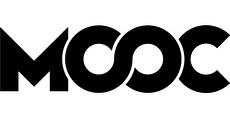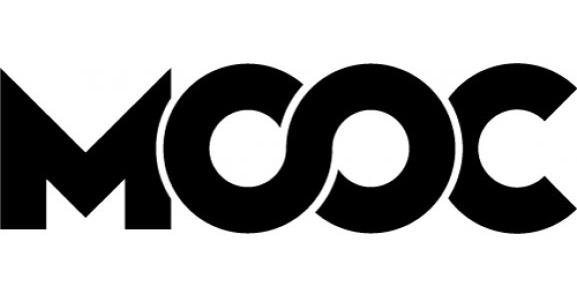 MOOCs—massive open online courses—have been hailed as the future of higher learning. But as an open format, freely giving content away to virtually anyone, do they have a place in corporate training? More importantly, can MOOCS be used as a supplement to corporate training?
MOOCs—massive open online courses—have been hailed as the future of higher learning. But as an open format, freely giving content away to virtually anyone, do they have a place in corporate training? More importantly, can MOOCS be used as a supplement to corporate training?
First, a little background: MOOCs first emerged in 2008, but came to wide public attention in 2012 when Stanford University issued its first open-enrollment online course. The public response was enthusiastic, and since then MOOCs have exploded. Today, they’re offered by many top institutions of higher education—Harvard, MIT, and Berkeley included—from around the world. Hundreds of these academic courses are made available through MOOC facilitation and aggregation services such as edX, Coursera and Udacity.
What makes a MOOC different from other types of eLearning? Two key features:
-
Courses start and end on set dates, so all participants learn the content at the same time—but listen to lectures and do the work on their own time. Quizzes and tests are graded, much as with a traditional post-secondary class.
-
Most MOOCs offer academic credit towards broader programs of study (such as a diploma or degree), or a verified certificate of completion. This gives added value to completing a course.
The MOOC appeal, as represented by the hundreds of thousands of enrolled students (sometimes in the thousands just for a single course) is understandable—top-quality college or university courses, provided for free, with flexible class times, no matter where in the world the student lives.
Those qualities, however, offer little incentive to companies and large organizations to format their in-house training as MOOCs: What return on investment could you possibly get from giving away your internal certification and compliance content, not to mention proprietary information?
The value of MOOCs in a corporate environment is less about sharing your own content—and more about taking advantage of content offered by others.
Case in point: MOOCs are especially great for technical education, basic professional development courses, and leadership training. Many such courses are offered regularly. This type of content is also regularly part of corporate training programs. So why duplicate that introductory content in-house, when your employees can enrol in a MOOC, developed by one of the top schools on the planet, at much lower cost?
Following this approach specialized, organization-specific training can then be covered in a subsequent in-house training program, whether delivered in-person by a trainer or via an online platform, such as Lambda Suite.
For example, you might have your marketing staff take MIT’s introductory data analytics course through edX, and follow it up with your organization’s own training on in-house data gathering and usage practices.
This mixed-in MOOC approach streamlines your corporate training needs. Now you have less content to develop, but your staff still gain the knowledge and skills they need to excel in their jobs. And, they gain credentials from top institutions along the way.
A MOOC is, at its root, a content system. Companies might not be ready to give proprietary information away by developing your own MOOCs (understandably), but they can benefit from the willingness of trusted academic institutions to give content away as a high-value, cost-effective way to provide employees with introductory learning in preparation for more specialized in-house training.
If you're interested in learning more about how a dedicated learning management solution can benefit your organization, join our February 27 webinar as we discuss key benefits of learning and talent management technologies.




